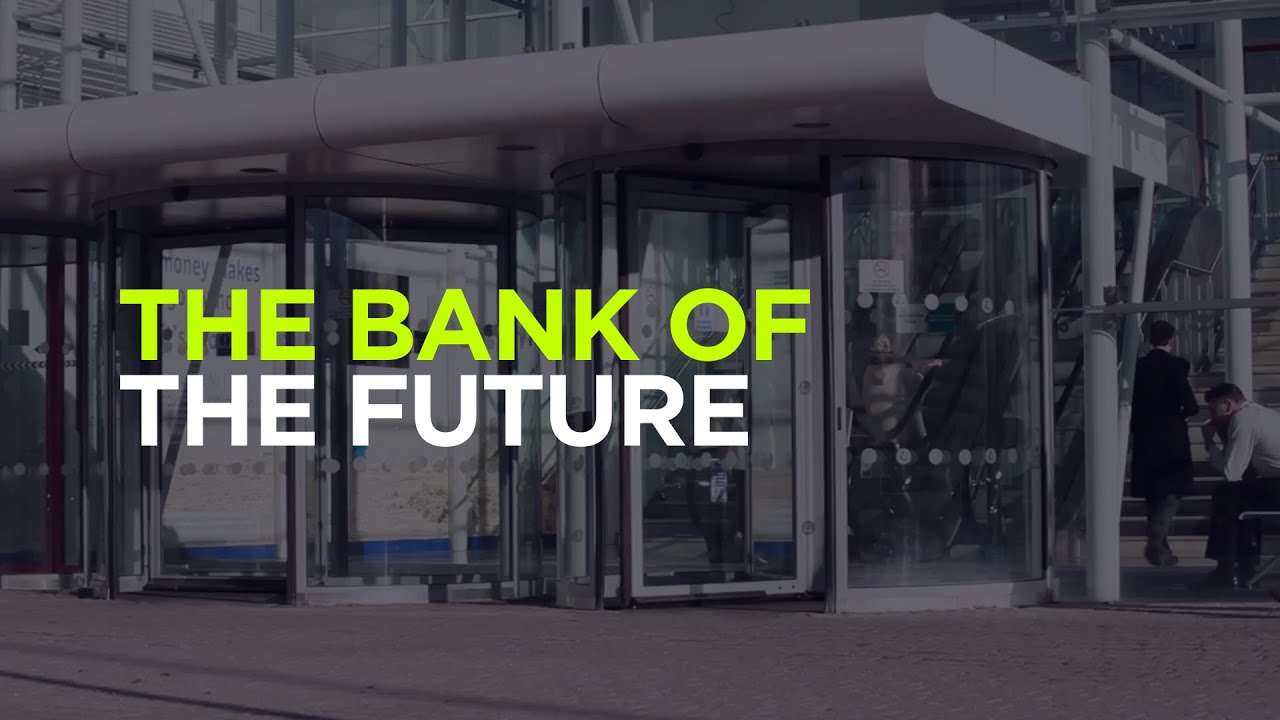
At another recent conference McKinsey presented. Now it is easy to take a pop at McKinsey but they have produced some useful reports recently, specifically:
McKinsey’s Global Banking Annual Review 2023
Fintechs: A new paradigm of growth
So, I was interested in their presentation. One slide in particular stood out, titled: the four key drivers for the bank of the future. The slide bullets went as follows:
Rapid innovation cycles
- Faster time to launch new products and services
- Plug-and-play integration with third party services and solutions
- Feedback loops to drive continuous improvement
Drive personalisation at scale
- Granular and customised offerings
- Analytics-led selection of timing, channel, message, offer for target customers
- Ability to store and process large complex datasets in real-time
Higher operational efficiency
- Zero paper processes
- ML-led decision making across the lifecycle
- App-based productivity tools for front-line teams, augmented by data
Distinctive omnichannel experience
- Mobile-first user experience
- Interoperability and coexistence online, physical and assisted
- Seamless integration with partner journeys
As I reflected on these points, I realised that this slide could have been presented in 1990. In fact, not having a pop at McKinsey – that’s too easy – but all of these points were items on the list for most of my life: innovate, personalise, reduce costs and provide consistency across all connections.
In other words, my reaction was that the presenter was teaching grandma to suck eggs*. It is a reflection of age I guess in that, if you’ve been around long enough, you’ve heard it all before.
This is the issue that most young bright things have when dealing with a bank CEO or C-suite member. They think they have this amazing next big thing and are trying to sell it; and the CxO is thinking: heard all this before.
So, how do you break through that shield of boredom?
For me, it all comes down to the numbers. Can you show me exactly how what you do and what you are talking about will improve my Return-on-Equity, Cost-Income Ratio … namely and specifically, the bottom-line.
No-one invests or buys anything that doesn’t improve the bottom-line and, in most cases, want a clear proof that it will be delivered before signing. We call it the business case. Strangely enough, you go through all of that and then no-one ever goes back to the business case to check whether the numbers were delivered.
Anyhow, the critical thing for all banks is that the numbers are there and there is proof they can probably be delivered. Case studies, reference accounts, testimonials and clear peer-level support.
Going back to those McKinsey bullet points, they are accurate and yet I have four key points that will drive the bank of the future that are rather different. The bank of the future will be:
Real-time
- All of these annuity products and things like APR will disappear, as will annual insurances
- When you can calculate premiums and products in real-time, why do we have annuity products?
- Annuity products are purely a hangover from the past, when we could only contract once a year as it cost so much to onboard and distribute through buildings with humans
Life Management
- Financial service providers have always been about events: mortgages, payments, debits and credits
- Financial service providers should be about emotions: making a home, sorting out the removal firm, getting the things I need to make my new house a home, like furniture, fixtures and fittings
- Future financial firms will succeed by integrating all of these services through open platforms and APIs, so that they can provide a complete package of what’s needed for every life event from womb to tomb
Curation and Orchestration
- In order to offer life management services, banks will search extensively through cloud-based services to find the best code and partners to manage each part of those life management processes
- Financial institutions will curate hundreds of API partners to ensure they can deliver the best possible customer experience, and move away from in-house to a co-operative ecosystem
- All of this will rely on the best technologies and a good conductor of the orchestra, which will be a big culture challenge in most traditional financial firms
Digital Asset Management
- Financial firms are clearly positioned as a trusted provide to store money but, now that money is digital, they need to extend further into full digital asset management
- This is why financial institutions are moving rapidly into cryptocurrency, stablecoins and CBDCs, because they recognise that customers – both retail and corporate – need custodians for these assets
- It goes further than this, from NFTs to tokenizing physical assets digitally, and this will be one of the biggest growth areas for the future
Question: which four key drivers for the future of banking makes more sense?
Answer: both.
* “Teaching your grandmother how to suck eggs” is a colourful reference to the fact that Spanish grannies who'd lost their teeth were adept at sucking eggy goodness through a pinhole in raw eggs. The expression was used way back in 1707 by Francisco de Quevedo for telling people stuff they already know.
Chris M Skinner
Chris Skinner is best known as an independent commentator on the financial markets through his blog, TheFinanser.com, as author of the bestselling book Digital Bank, and Chair of the European networking forum the Financial Services Club. He has been voted one of the most influential people in banking by The Financial Brand (as well as one of the best blogs), a FinTech Titan (Next Bank), one of the Fintech Leaders you need to follow (City AM, Deluxe and Jax Finance), as well as one of the Top 40 most influential people in financial technology by the Wall Street Journal's Financial News. To learn more click here...

